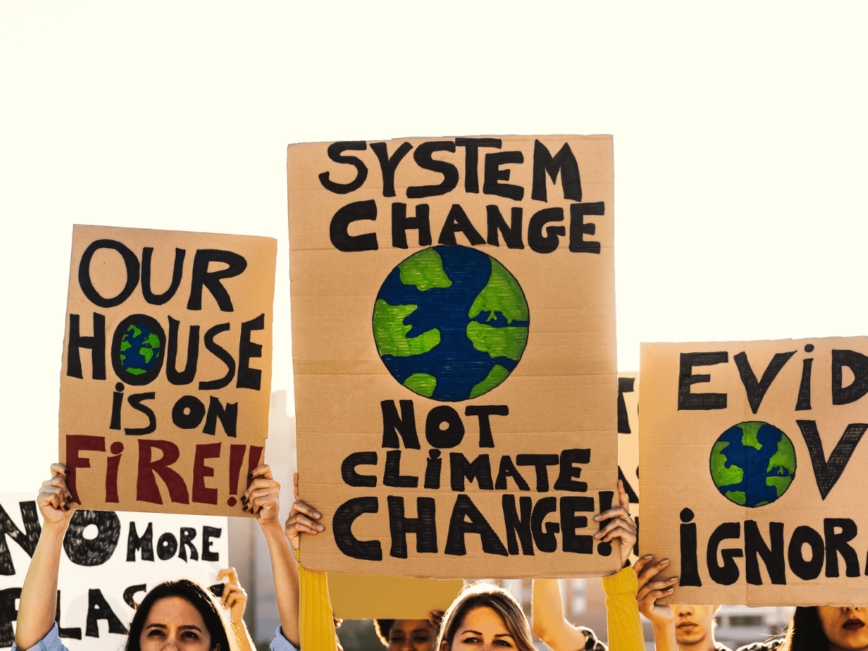
Climate change is a hot button issue that has been making headlines for years now. While the topic itself can seem daunting, it’s important to keep track of events and developments that contribute to it. The Rosebank oil field is one such development that demands our attention.
Quick Links
Reading Time: 5 mins
Disclaimer: This article has affiliate links to products mentioned throughout. If you were to purchase a product, I make a small commission from the sale which supports this blog. Check out my privacy policy page.

Understanding the Rosebank Oil and Gas Field
Located in the North Sea, the Rosebank oil field is a significant energy project for the UK economy. While claims of enhancing the country’s energy security are unfounded, it also comes at a significant cost to the environment.
The project’s impact on climate change and the environment cannot be ignored in accordance with the recommendations of the Climate Change Committee. The field is projected to yield 69,000 barrels of oil and 44 million cubic feet of gas daily.
Key stakeholders and ownership of Rosebank oil field
Equinor holds the primary direct investment stake in the Rosebank oil field, with partners such as Suncor Energy and Chrysaor Holdings also involved. It is important to note that unlike Norway, UK taxpayers do not have a direct stake in the project, which means they will not directly benefit from the profits.


Geographical context: Where is The Rosebank oil field?
The Rosebank oil field is situated in the North Sea, near the Shetland Islands. This region is known for its abundant oil and gas reserves. The development of the oil field has potential implications for local wildlife and Shetland residents.
Why did the Prime Minister give Rosebank the green light?
The UK government and Prime Minister approved the development of the Rosebank oil field due to its potential economic benefits. However, this decision does not adequately balance the need for energy resources with the commitment to climate change goals. Additionally, new oil production will not lower energy bills for UK households.
The Environmental Damage: What’s at stake?
The development of the Rosebank oil field raises concerns about potential environmental damage to Britain. The project’s carbon emissions and refineries will contribute to climate change, while the extraction process may harm marine ecosystems in the North Sea. It is crucial to carefully assess the impact on biodiversity and implement mitigation measures to minimize environmental harm.
How can writing to your local MP help?
Writing to your local MP can have a significant impact on raising awareness about the concerns surrounding the Rosebank oil field. It encourages your representative to consider the potential environmental consequences and advocate for cleaner energy and responsible decision-making in Parliament. Engaging with your MP through letters can exert public pressure and influence policymakers to reassess their stance, creating an opportunity for dialogue and information exchange.
Template Letter to Your MP
A great way to voice your concern about Rosebank
project is to write a letter to your local MP. Not sure what to write, then don’t fret here is a template letter you can adapt and send onto your local MP.
[Your Name]
[Your Address]
[City, Postal Code]
[Email Address]
[Phone Number]
[Date]
[MP’s Name]
Member of Parliament for [Constituency Name]
House of Commons
London
SW1A 0AA
Dear [MP’s Name],
I hope this letter finds you well. I am writing to you today as one of your constituents, deeply concerned about the potential environmental impact of the Rosebank field in the UK, particularly in relation to the Shetland marine life and its implications for our national energy strategy.
While I understand the importance of energy security and the role of the oil and gas industry in our economy, I am deeply troubled by the potential consequences of these gas projects on our environment, especially the delicate marine ecosystem surrounding the Shetland Islands.
The Shetland Islands are home to a diverse range of marine life, including various species of fish, birds, and marine mammals. The potential risks associated with oil extraction, such as oil spills and increased maritime traffic, pose a significant threat to these fragile ecosystems. The consequences of such environmental damage would be devastating and could take years, if not decades, to mitigate.
Furthermore, it is concerning to note that the extraction of oil from Rosebank development is unlikely to translate into lower household energy bills for UK bill payers. As we strive to address climate change and transition towards a more sustainable energy future, it is imperative that we explore and invest in cleaner, renewable alternatives. I urge you to raise these concerns within Parliament and advocate for a more comprehensive carbon budget and environmentally responsible energy policy.
Thank you for your dedication to our constituency and our country. I eagerly await your response and hope for a positive outcome in our efforts to protect the environment and prioritize green alternatives.
Yours sincerely,
[Your Name]
Effective ways to voice your concern
Joining environmental campaigners organizations and campaigns amplifies your voice against the Rosebank oil field. Participating in peaceful protests or demonstrations raises public awareness, while utilizing social media platforms fosters wider discussion. Supporting renewable energy initiatives and advocating for cleaner alternatives strengthens the case against fossil fuel development.
Is it too late to reverse the decision on Rosebank oil field?
Reconsidering the development of the Rosebank oil field is still possible despite its approval. Ongoing monitoring, public pressure, and stakeholder involvement can prompt a re-evaluation. Responsible operational practices can also help mitigate the field’s impact on climate change.

Conclusion – Final Thoughts
The Rosebank oil field has raised significant concerns about its impact on UK/ Europe climate change. As responsible citizens, it is crucial to understand the environmental damage this project may cause and take action to voice our concerns.
One effective way to make a difference is by writing to your local MP, urging them to take action and address the issue. Additionally, joining hands with like-minded groups and communities can amplify our voices and create a stronger impact.
It is never too late to reverse a decision, and together, we can work towards mitigating the impact of such developments. Share this article on your social media channels and checkout my article on Greenwashing join the conversation!




